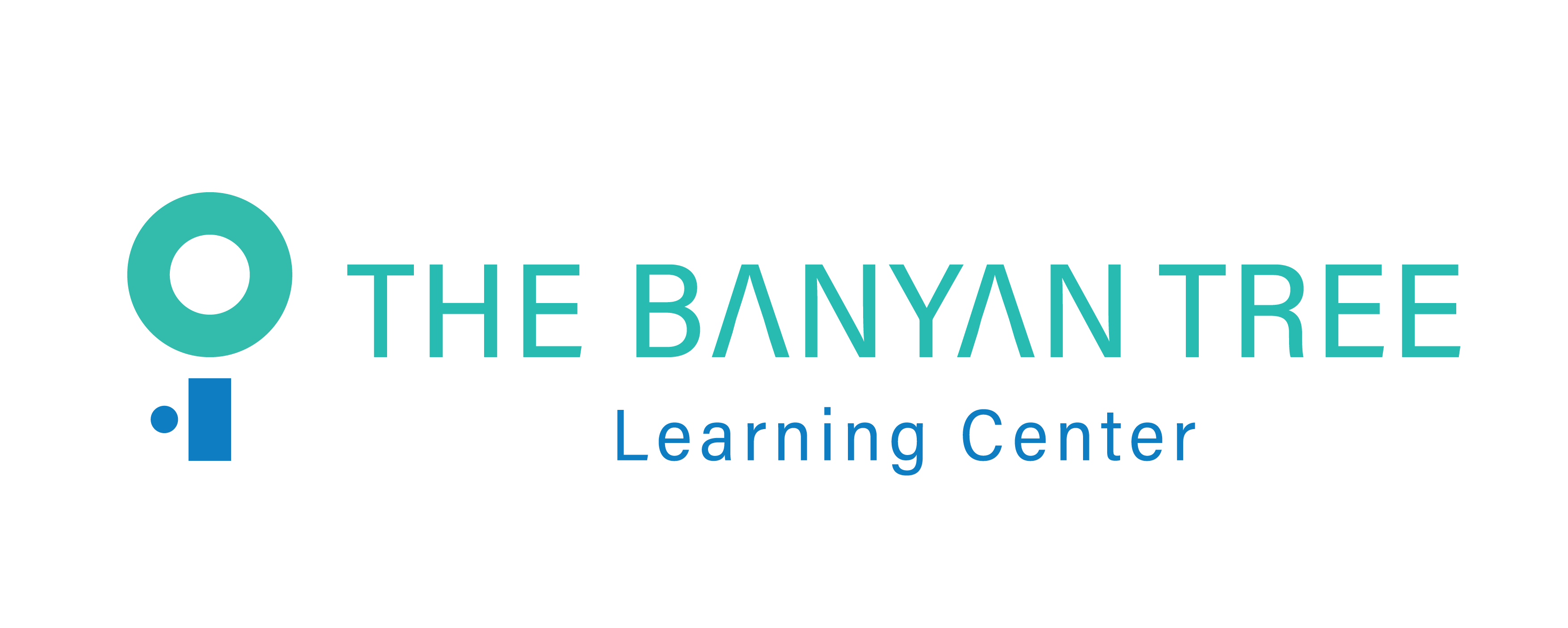Exam anxiety is a common experience for students, but it doesn’t have to hinder performance. By understanding its triggers and adopting effective coping strategies, students can transform anxiety into a source of focus and motivation. Here are the best strategies to overcome exam anxiety:

1. Be Prepared
The fear of the unknown is a major contributor to exam anxiety. Adequate preparation boosts confidence and reduces nervousness.
Plan Ahead: Create a study schedule well before the exam date, allocating specific time for each subject.
Practice Tests: Simulate exam conditions with timed practice tests to familiarize yourself with the format.
Organized Notes: Use tools like mind maps or flashcards to make revision efficient and systematic.
2. Develop a Study Routine
Consistency in study habits builds a sense of control and reduces stress.
Break It Down: Divide your study material into smaller chunks and tackle them one at a time.
Use Active Learning: Engage with the material through techniques like summarizing, teaching someone else, or creating mock questions.
Incorporate Regular Reviews: Revisit key concepts periodically to reinforce understanding.
3. Practice Relaxation Techniques
Calming your mind and body is essential to manage anxiety.
Deep Breathing: Practice inhaling deeply through your nose for four counts, holding for four counts, and exhaling for four counts.
Progressive Muscle Relaxation: Tense and then relax each muscle group in your body, starting from your toes to your head.
Meditation and Mindfulness: Spend 5-10 minutes daily focusing on your breath or a calming visualization.
4. Focus on Positive Self-Talk
Replace negative thoughts with empowering affirmations.
Examples of Positive Self-Talk:
“I am well-prepared and capable.”
“It’s normal to feel nervous; I can handle this.”
“I’ve overcome challenges before, and I can do it again.”
5. Maintain a Healthy Lifestyle
Physical health greatly influences mental well-being.
Get Adequate Sleep: Aim for 7-9 hours of quality sleep to improve focus and memory.
Eat Balanced Meals: Consume brain-boosting foods like nuts, fruits, and whole grains, while avoiding excessive caffeine and sugar.
Stay Active: Exercise regularly to release tension and improve mood.
6. Manage Time Wisely
Effective time management reduces the pressure of last-minute cramming.
Prioritize Tasks: Focus on the most important topics first.
Use Timed Study Sessions: Follow the Pomodoro technique to study in focused intervals with short breaks.
Avoid Overloading: Balance study time with relaxation to prevent burnout.
7. Prepare for Exam Day
A calm morning sets the tone for success.
Pack Ahead: Ensure you have all required materials (pens, calculator, ID) ready the night before.
Arrive Early: Give yourself enough time to settle in and get comfortable.
Warm-Up Your Mind: Review light notes or affirm your readiness rather than diving into complex topics.
8. Avoid Perfectionism
Recognize that no one is perfect, and doing your best is enough.
Set Realistic Goals: Focus on achieving progress rather than perfection.
Learn from Mistakes: Treat past errors as opportunities for growth, not failures.
9. Seek Support
You don’t have to tackle exam anxiety alone.
Talk to a Mentor: Share your concerns with teachers, parents, or friends for reassurance and advice.
Join Study Groups: Collaborate with peers for mutual motivation and understanding.
Professional Help: If anxiety feels overwhelming, consider speaking with a counselor or therapist.
10. Post-Exam Relaxation
After the exam, take time to unwind and recharge.
Reward Yourself: Celebrate your effort with a treat or activity you enjoy.
Reflect and Reset: Analyze what worked well and what can be improved for next time, without harsh self-criticism.
Final Thoughts
Exam anxiety is a natural response to a challenging situation, but it doesn’t have to control you. With preparation, a positive mindset, and healthy habits, you can approach exams with confidence and perform your best. Remember, exams are just a part of your journey—they don’t define your worth or potential.
At The Banyan Tree Learning Center, we offer workshops and personalized guidance to help students overcome exam anxiety and achieve their academic goals. Reach out to us to learn how we can support you through your learning journey.

Comments